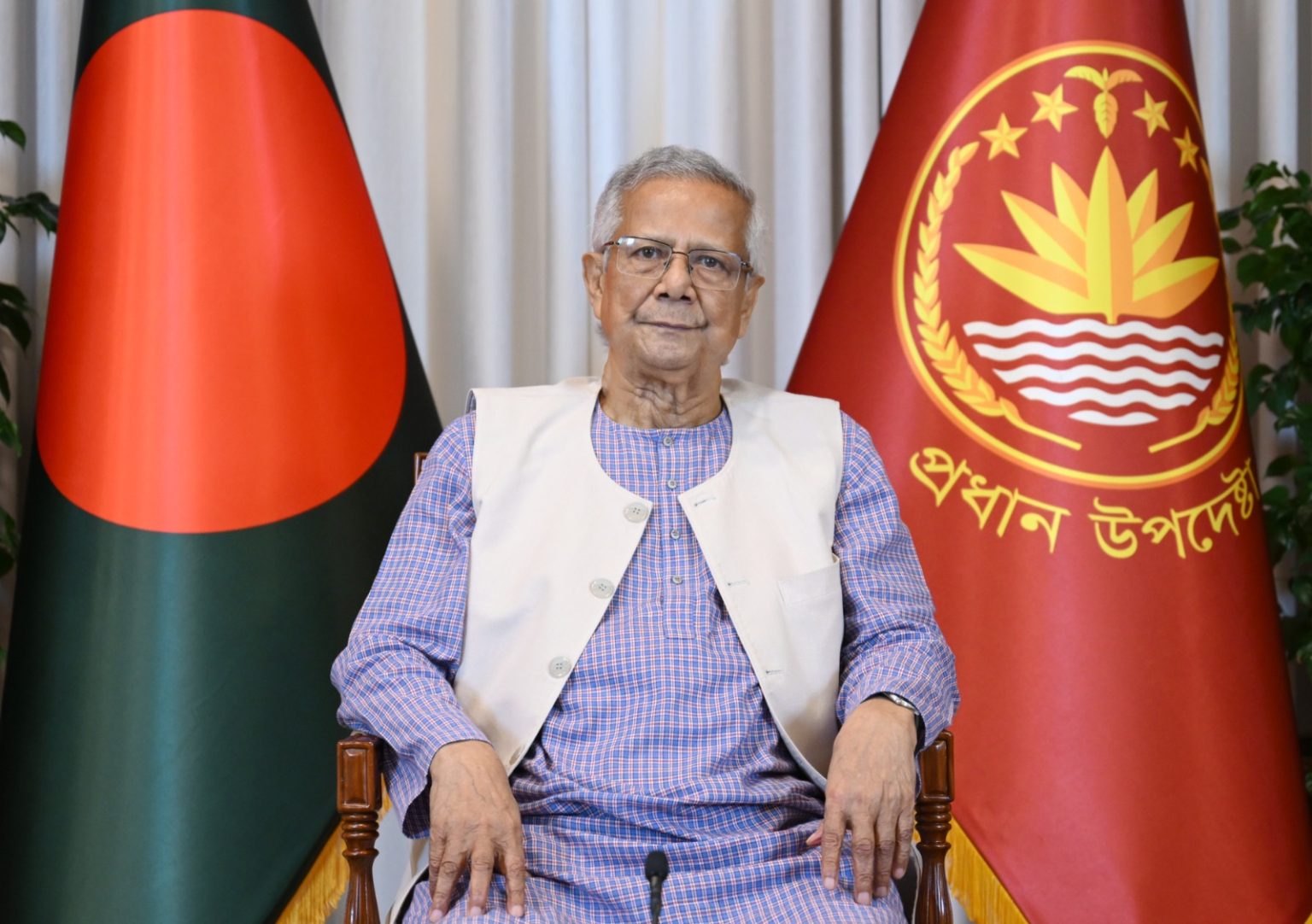One year after the dramatic collapse of Sheikh Hasina’s regime, Bangladesh is still reeling. The former prime minister, once hailed as a development champion, had turned her rule into a textbook case of authoritarian consolidation — silencing dissent, dismantling institutions, rigging elections, and overseeing brutal crackdowns. Her forced ouster following a mass student-led uprising was historic. But it left behind a nation deeply wounded, volatile, and directionless.
In the power vacuum, an interim government headed by Nobel Laureate Professor Muhammad Yunus was formed — a candidate acceptable to civil society, student leaders, and international actors. But the hard truth is this: toppling an autocrat is easier than reconstructing a democracy. And right now, Bangladesh is trapped in that difficult in-between.
Electoral challenge
First and foremost, electoral reform is the elephant in the room. The very machinery that propped up Hasina’s repeated “landslide victories” is still largely intact. The Election Commission lacks independence, the voter rolls remain suspect, and powerful business-political alliances continue to hold sway over the process. No democratic revival is possible until elections are stripped of coercion, corruption, muscle power, and fear.
Yet the interim government has moved to go ahead with elections, pledging to hold the next general election by February next year amid a division among the political parties on the timeline. Then there is the matter of barring the deposed Awami League from participating. On the other hand, the rise of the National Citizen Party (NCP), perceived as aligned with the interim government, has raised fears of biased governance.
Thus, there’s a real risk that the next elections — if rushed or poorly regulated — could simply produce a new version of the old system with a different face.
A legitimate election requires more than just updating the voter list. It demands deep legal reform, neutral oversight, protection for opposition candidates, and most importantly, a free political environment to hold free, fair, credible, and participatory elections, which should be the primary job of the Yunus administration. But right now, Bangladesh is still far from that.
Justice dilemma
Equally complex is the question of justice. The Hasina era was marked by extrajudicial killings, mass surveillance, torture, enforced disappearances, and the abuse of institutions like the judiciary and anti-corruption commission to target dissenters. These crimes cannot simply be brushed under the rug in the name of stability.
But calls for transitional justice are clashing with post-regime chaos. In the days following Hasina’s flight, mobs lynched political opponents and stormed party offices. Revenge killings outpaced legal action. The interim government now finds itself in an impossible position: how to hold the previous regime accountable without triggering further unrest, while also prosecuting the chaos that followed her downfall without fuelling anger among the revolution’s foot soldiers.
The victims of Hasina’s regime — families of the disappeared, tortured journalists, blacklisted academics — are losing patience. And the longer justice is delayed, the more likely it will be distorted by political expediency.
A broken economy, an unequal future
The economy is grappling with multiple crises, including high inflation, a banking sector in turmoil, and a significant loss of jobs, particularly among women. The regime change saw widespread destruction of infrastructure, closure of key factories, and the evaporation of foreign investment, while foreign currency reserves remain dissatisfactory, and the social safety net is stretched thin.
While Yunus’s credibility with global lenders has opened some doors, his government lacks a clear economic strategy beyond stabilisation. Some measures, like restructuring banks and removing import duties on essential commodities, have given a positive signal. Yet, investors’ confidence remains low, while elite corruption networks remain largely untouched. If the interim regime continues to pursue donor-pleasing macroeconomics at the expense of domestic equity, it risks igniting a second wave of unrest — this time not against dictatorship, but economic despair.
A fractured nation
Beneath all this lies the most dangerous threat: a deeply fractured nation. Hasina’s rule hollowed out the middle ground in Bangladeshi politics. Everything became binary — pro-government or traitor. Institutions like the media, universities, and religious spaces became ideological battlegrounds. The revolution, while necessary, only deepened this polarisation.
Now Bangladesh finds itself with no shared national vision. Ethnic and religious minorities remain marginalised. Rural voices are excluded from policy debates dominated by urban elites. The youth are energised but disillusioned with traditional politics. The Awami League remains decapitated but not dismantled, and its remnants may regroup with vengeance.
Healing this division requires efforts towards national reconciliation, further complicated by the rise of Islamist groups and the resurgence of Jamaat-e-Islami. Despite this, genuine structural changes like media freedom, decentralisation, reform of law enforcement agencies, and accountability for political violence from all sides can start the process. Without this, any talk of democratic transition remains superficial.
The path ahead
Bangladesh’s journey towards democracy is at a critical juncture. The country is no longer ruled by an autocrat, but still far from being democratic. The interim government has neither the time nor the popular mandate to build a full democratic system — but it does have a moral and historical obligation to lay the foundation for one.
The revolution has given a rare chance, not just to change leaders, but to change course. While signs of recovery are visible, the path ahead has obstacles. If Professor Yunus fails to deliver credible electoral reform, real justice, and a roadmap for inclusive governance, he may be remembered not as a transitional hero but as a well-meaning technocrat who presided over the squandering of a revolutionary moment.


